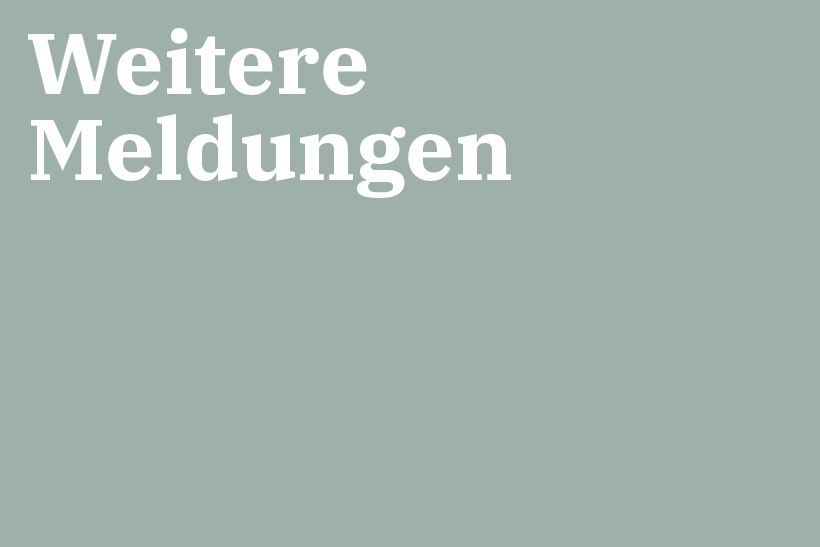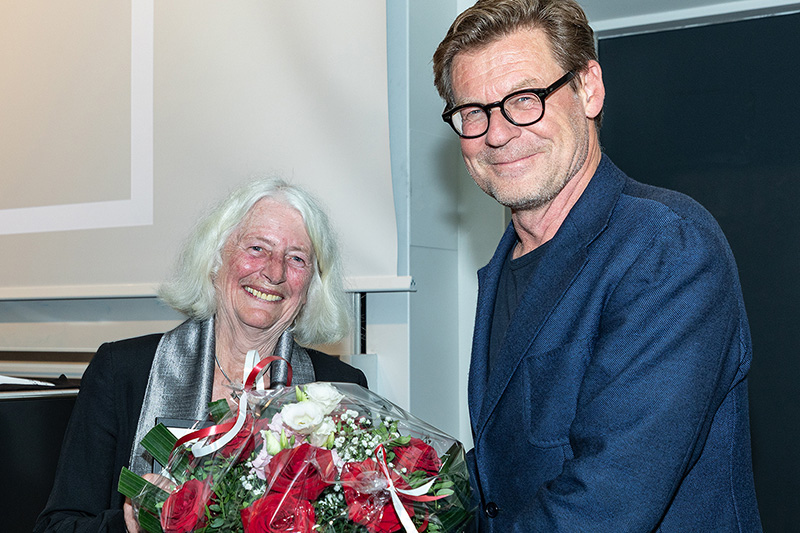
Am 30. Oktober wurde die Architektin Inken Baller mit der Ehrendoktorwürde der KIT-Fahultät für Architektur ausgezeichnet. Lesen Sie hier die Laudatio von Prof. Dr. Riklef Rambow.
Mehr dazu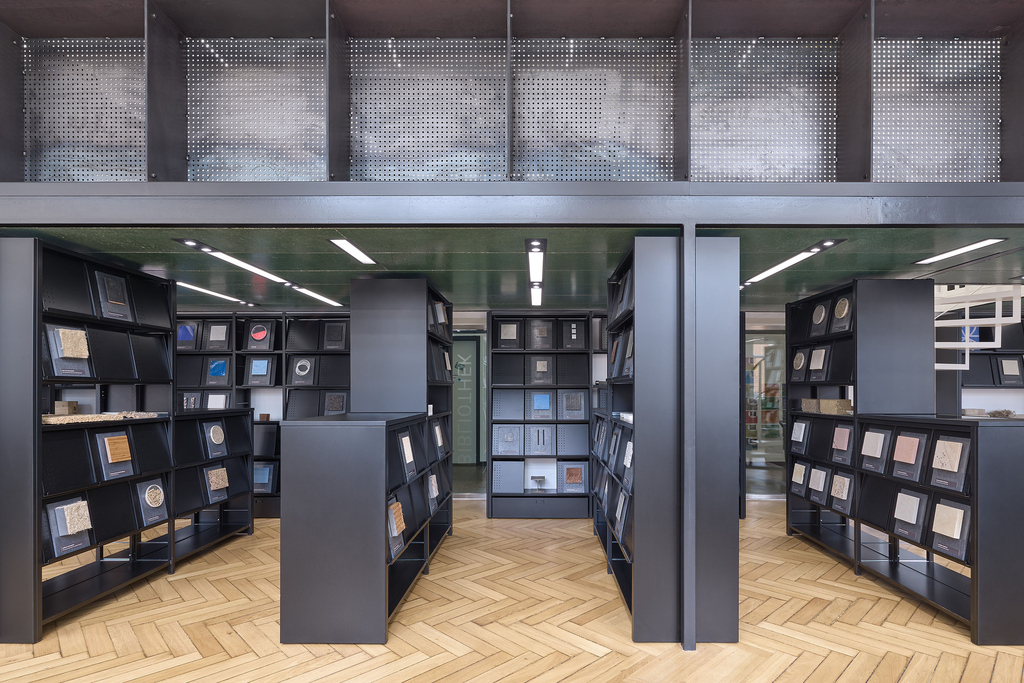
Die KIT-Fakultät freut sich über zwei Auszeichnungen beim diesjährigen Badischen Architekturpreis.
Mehr dazu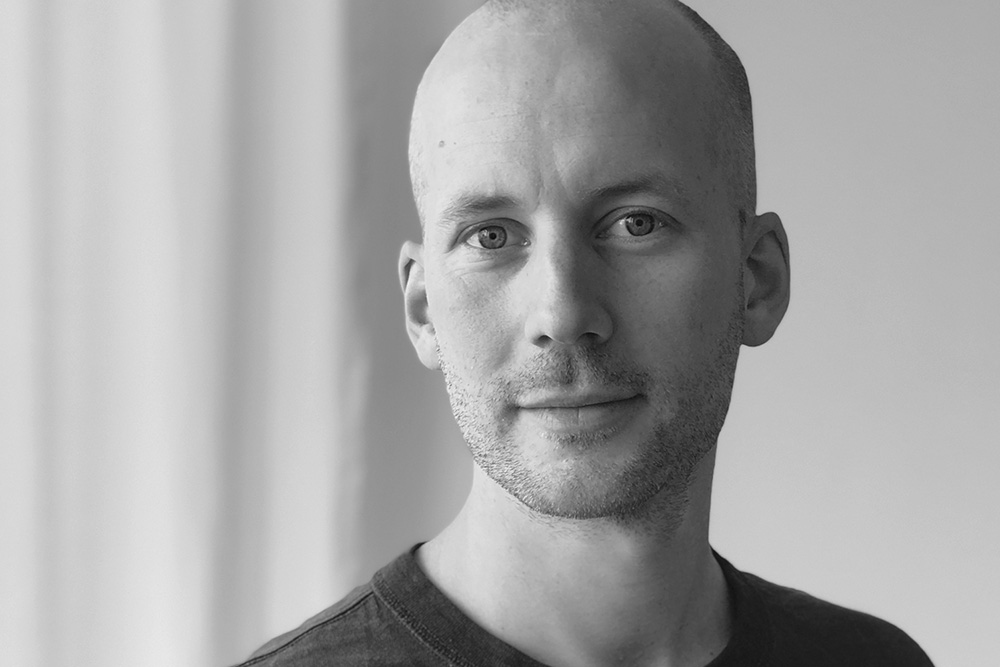
Thomas Busch übernimmt ab dem 1. November 2024 die Leitung der Holzwerkstatt.
Mehr dazu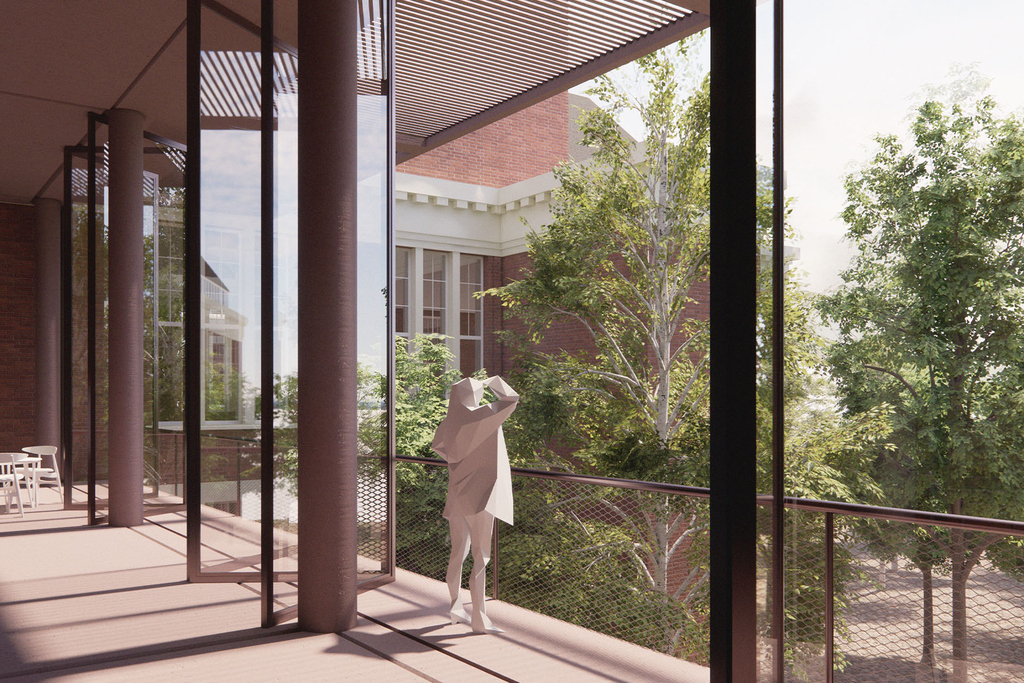
Auf open.arch.kit.edu sind ab sofort ausgewählte Bachelorthesen aus dem Sommersemester 2024 veröffentlicht.
Mehr dazu
Auf 420 Seiten dokumentiert das im Oktober 2024 erschienene Jahrbuch die Lehre und Forschung der Professuren und gibt Einblick in das vielfältige Fakultätsleben. Jetzt reinlesen.
Mehr dazu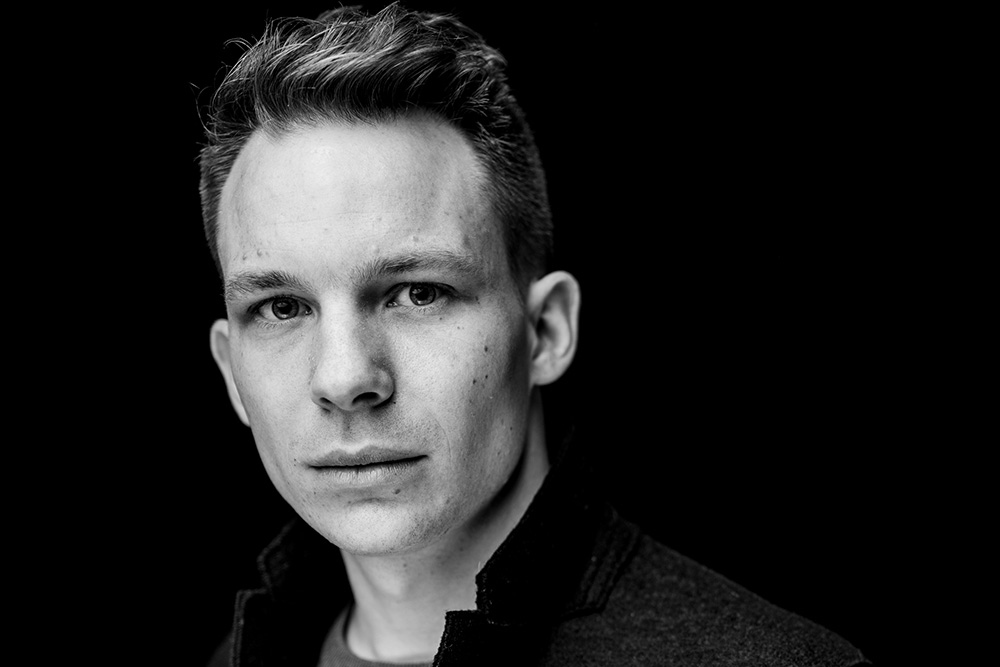
Florian Kaiser, Atelier Kaiser Shen (Stuttgart), tritt zum Wintersemester 24/25 die neu geschaffene Tenure-Track-Professur „Kreislaufgerechter Holzbau“ an.
Mehr dazu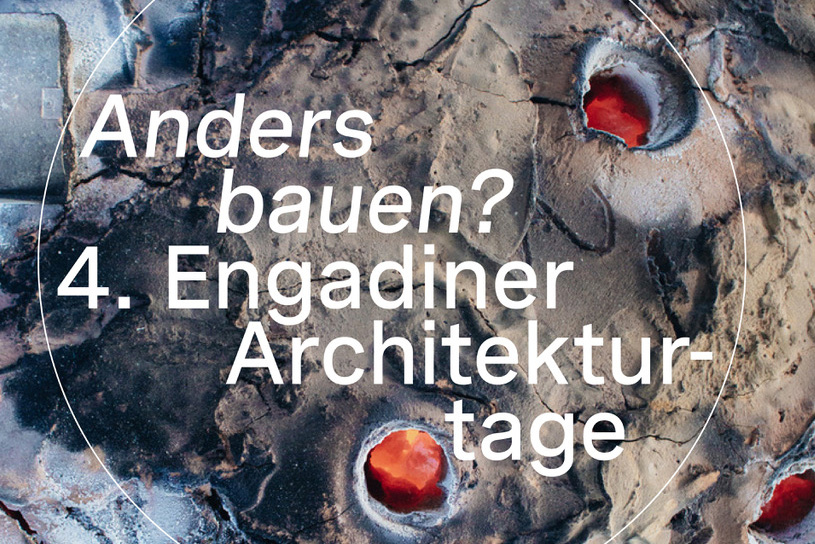
Prof. Christian Inderbitzin (Stadt und Wohnen) organisiert die 4. Engadiner Architekturtage.
18./19. Oktober, Fundaziun Nairs, Scuol (CH)
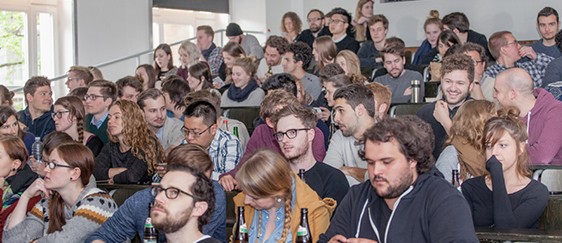
Jedes Semester geben Architektinnen und Architekten im Rahmen einer öffentlichen Vortragsreihe Einblick in ihre Arbeit.
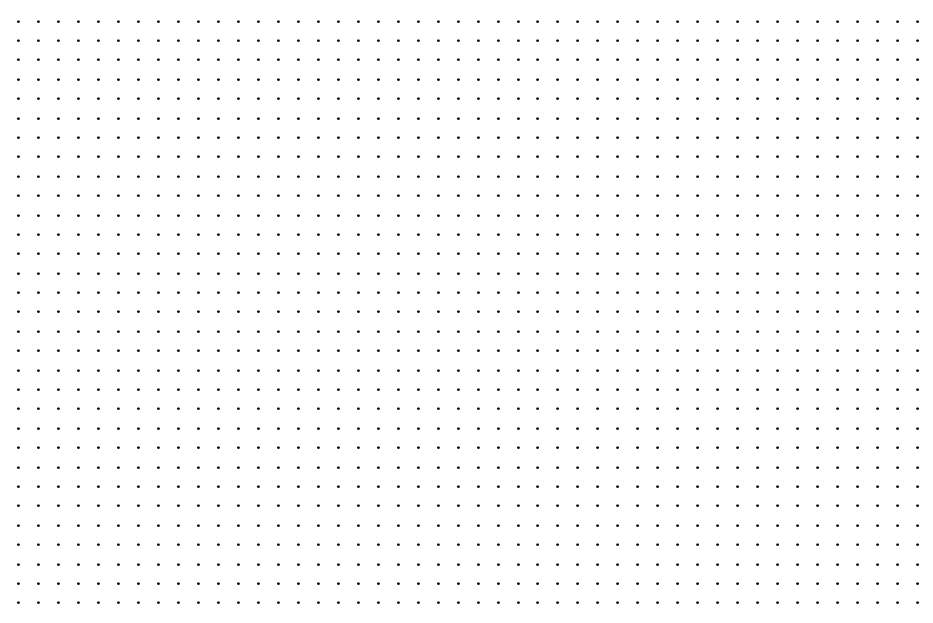
Veranstaltungskalender
saai Lecture – Marina Otero Verzier (Columbia University GSAPP)

Zone of Potential Insufficiency – saai lecture by Marina Otero Verzier (Columbia University GSAPP)
Through scientific and technological undertakings, as well as the mundane activities of everyday life, both humans and artificial intelligences are amassing data at an unprecedented rate, with significant social and environmental consequences. While data centers are the primary focus of concern regarding the extractive practices of digital storage, archives, libraries, institutional repositories, supercomputing centers, cold storage facilities, and decentralized networks are also contributing to this relentless drive for more data, leading to what has been referred to as the "Zone of Potential Insufficiency"—a point at which the rate of data production will outpace the scalability of existing storage solutions. This looming prospect challenges the illusion of the cloud as an infinite reservoir of unaltered information preserved across time and prompts new questions: Who will decide what information and memories will be preserved? What practices of erasure and mourning will emerge as the unraveling of worlds forces humans to confront the fragility of environments and their stories?
Karlsruher Institut für Technologie (KIT)
Fakultät für Architektur
Englerstr. 11
76131 Karlsruhe
E-Mail: dekanat ∂does-not-exist.arch kit edu
https://arch.kit.edu


